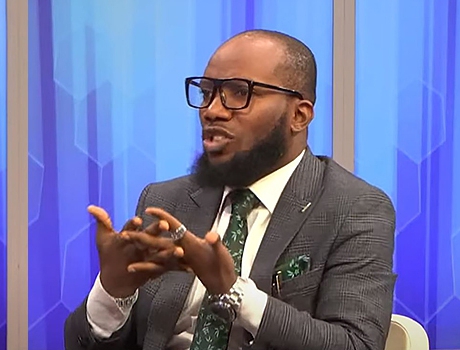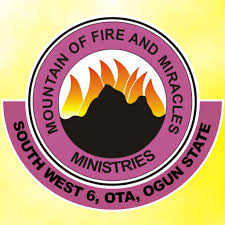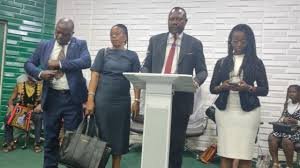A human rights lawyer, Inibehe Effiong has called on the federal government to scrap all social intervention programmes under the Ministry of Humanitarian Affairs and Poverty Alleviation.
Speaking on Channels TV on Monday, January 22, Effiong said programmes such as the N-Power, the Conditional Cash Transfer, the Government Enterprise and Empowerment Programme, and the Home-Grown School Feeding Programme be scrapped “because they have not had any positive impact on the poverty ratio in the country.”
The social intervention programmes were introduced by the administration of former President Muhammadu Buhari in 2016 as part of efforts to reduce poverty and unemployment in the country.
Effiong was commenting on the suspension of the Humanitarian and Poverty Alleviation Minister, Betta Edu who is facing allegations of diverting over N585 millions of public funds into a personal bank account.
Effiong said the suspension of Edu was not enough, urging the Economic and Financial Crimes Commission (EFCC) to investigate the entire ministry for possible corruption and mismanagement of the social intervention programmes.
The lawyer also called on Edu to name the beneficiaries of the N219 million that she allegedly approved to be paid to some indigent people in Akwa Ibom, Cross River, Lagos and Ogun states.
He said: “I am challenging Beta Edu to mention the people that are beneficiaries because before you will even say it must be paid, you need to have the intention to pay and you set an amount for it. It supposes that you have already decided the number of beneficiaries that are supposed to be. So let Nigeria see who these persons that are to be credited with this money are.”
He described as “scandalous and embarrassing” federal government’s plan to spend N3 billion to audit the social register, which contains the names of the poor and vulnerable people who are supposed to benefit from the programmes.
“We have been hearing of N-Power over the years. We have now seen that the government is saying that they want to spend N3 billion to audit the social register which is scandalous. What are you spending N3 billion to audit? It’s embarrassing, some of the things we hear in this country.”
According to the World Bank, Nigeria’s poverty headcount ratio at the national poverty line was 40.1 percent in 2019, meaning that about 83 million Nigerians were living below the poverty line of N137,430 ($360) per year.
The report described Nigeria’s poverty reduction efforts “sluggish,” noting that low human capital, labor market weaknesses, and exposure to shocks are holding back the country’s potential.























